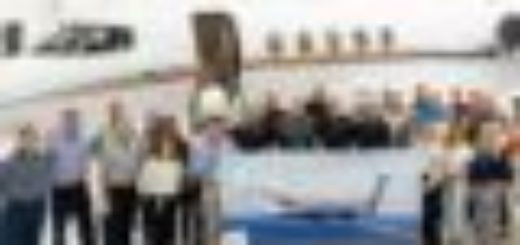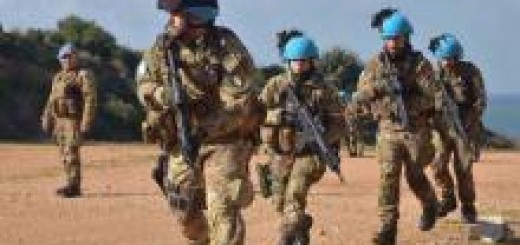Germany’s Airbus works council renews call to end FCAS partnership with Dassault
Airbus Defence and Space’s works council in Germany has again questioned Dassault Aviation’s role in the Future Combat Air System (FCAS), urging political leaders to provide clarity on the program’s direction and on industrial arrangements for Airbus employees.
In a LinkedIn post following a staff meeting at the company’s Manching site, Chairman of the Works Council of Airbus Defence and Space Thomas Pretzl restated a position he has voiced repeatedly over recent months. He recalled earlier remarks that “partnership is based on working together, not against each other,” adding that this view “still stands.” Pretzl said he had reiterated his call to end the strained partnership with Dassault while stressing that this should not harm Franco-German relations.
Union signals preference for FCAS without Dassault
According to a report from German defense outlet Hartpunkt, Pretzl used the staff meeting to address ongoing disagreements over workshare and responsibilities between Airbus and Dassault. He noted that the workforce needed “clear-cut arrangements” and emphasized that outstanding decisions on FCAS now rest with political leaders in Berlin, Paris and Madrid.
The latest remarks follow increasingly direct statements from Pretzl throughout 2025. In previous comments, he argued that Dassault was “not the right partner” for the program and suggested that more suitable partners exist in Europe. Prior reporting has linked German union talks to potential cooperation with companies involved in the Global Combat Air Programme (GCAP), such as BAE Systems or Leonardo, or with Sweden’s Saab.
Tension over FCAS governance
FCAS is intended to deliver a sixth-generation “system of systems” to replace the Rafale and Eurofighter Typhoon fleets in the 2040s. The program includes a New Generation Fighter (NGF), unmanned remote carriers, and a shared networked architecture.
Governance disagreements have persisted for years. France and Dassault lead the NGF, while Airbus is expected to take a larger role on the remote carriers and combat cloud. German unions and several German officials have warned that this structure could sideline German sites such as Manching if the fighter is primarily designed and assembled in France.
Airbus management has also toughened its public tone. Earlier this year, Airbus Defence and Space CEO Michael Schoellhorn warned that there was “no reason to continue” FCAS without a return to previously agreed governance arrangements. During the Paris Air Show 2025, Airbus executives described the relationship with Dassault as one between competitors “that have to marry,” highlighting both the industrial rivalry and the political push to maintain a unified European program.
Political decisions ahead
German officials have similarly indicated that FCAS faces a decision point. Defense Minister Boris Pistorius recently said a choice “must and will be made” on whether and how the program proceeds. French officials, meanwhile, have played down suggestions of an imminent split, insisting that disagreements are manageable, even as Dassault CEO Éric Trappier has stated that France could pursue a national fighter program if necessary.
France’s newly appointed Defense Minister, Nathalie Vautrin, added further pressure during an interview with Europe 1 on November 11, 2025, noting that “the subject with Germany is about the carrier,” referring to the New Generation Fighter.
“There is currently no capacity in Germany to manufacture an aircraft. You will grant me that one does not build an aircraft overnight. It requires a certain amount of know-how,” Vautrin said, adding that France and Germany must still agree on how to “see the uses of this carrier and to see how we can move forward.”
Vautrin also described Dassault as “the reference” in fighter aircraft, while acknowledging Airbus as a European leader. The minister then highlighted the unresolved question of the engine for the next-generation fighter, calling it a matter of sovereignty and “a sophisticated and complex question.”
During a parliamentary hearing in November 2025, French Air and Space Force General Frédéric Parisot Mandon similarly stated that that the engine will be the toughest technological challenge for FCAS. He noted that the required power levels (around 11 tonnes of thrust) represent a step-change compared to existing European engines, meaning Safran and MTU Aero Engines will need to combine technologies that neither company currently fields. Mandon cautioned that the engine’s development timeline will have direct consequences for the rest of the program. The post Germany’s Airbus works council renews call to end FCAS partnership with Dassault appeared first on AeroTime.
Airbus Defence and Space’s works council in Germany has again questioned Dassault Aviation’s role in the Future Combat…
The post Germany’s Airbus works council renews call to end FCAS partnership with Dassault appeared first on AeroTime.






